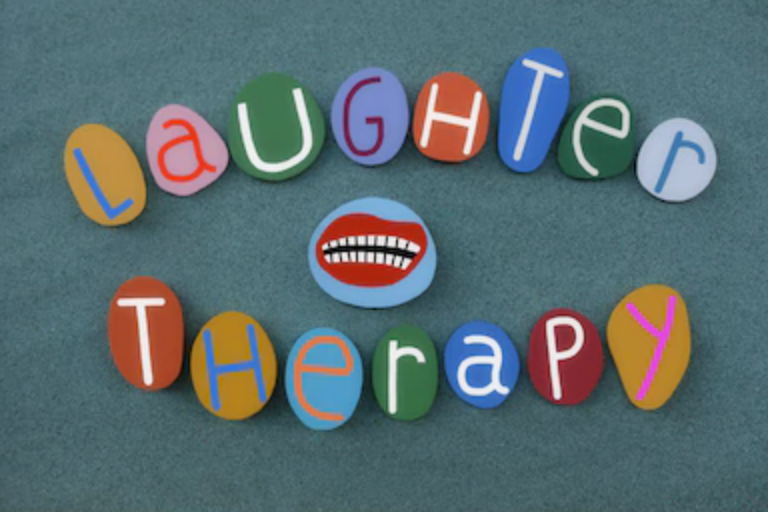Laughter & Limericks
December 4, 2020
When was the last time you were utterly happy? Was it yesterday, a month ago, never? Up until a week ago, I could not definitively answer this question. No, I wasn’t depressed, but I felt as though I was struggling and grinding through life. Teachers were constantly demanding, friendships were strained, and my grandpa was diagnosed with throat cancer, again.
Then one day, something struck me. In class, we were picking global problems to research for a future presentation. Students were selecting topics such as genetic modification, prostitution, and endangered species. However, all I could see in that class was unhappiness. Kids looked angry, sad, or completely indifferent. Even I had a stern face. I pondered how unhappiness grips us all, but each of us for different reasons.
That night, I researched what could increase happiness and help to alleviate discontent. Let me tell you, it was a difficult task. Most, if not all, of the solutions I found had drawbacks. Rightfully outraged, I buried my face into my hands and audibly groaned. My dad, as if on cue, gave me a little nudge and said, “Laugh it off. Smile a little. You’ll figure it out.” It was not a momentous statement, but it did steer me down a new, interesting path in my quest. As it turns out, I found smiling and laughing is beneficial for not only our mental health but our physical health as well.
The Mayo Clinic conducted studies on the effects of smiling and laughing. They found laughter brought several immediate benefits, including organ stimulation, muscle relaxation, and decreased heart rate and blood pressure. When organs are stimulated, endorphins, also known as happy hormones, are released and bond to the opiate receptors in the brain, thus resulting in euphoric feelings.
A Harvard study further builds upon these findings. In addition to endorphins, dopamine and serotonin are released when a person laughs and smiles. Dopamine is a neurotransmitter that helps the brain process enjoyable moments while improving blood circulation. Serotonin stabilizes mood, makes us feel happy, and aids digestion and sleep. Antidepressant medications can increase serotonin and/or dopamine within the body. However, unlike antidepressants, smiling and laughing have no unwanted side effects. Furthermore, laughing also stimulates the immune system and reduces stress. Immune system stimulation increases the activity of immune cells and antibodies. This also reduces the risk of heart attack and stroke through increasing blood circulation. Since stress is a key factor in suppressing our immune system, and a crucial factor in why we get sick, reducing stress through laughter provides immense immune system benefits.
According to the National Library of Medicine, laughter also reduces our body’s cortisol level, a hormone that is released during stressful situations. Elevated cortisol has numerous negative effects, including weight gain, mood swings, memory loss, and decreased immune function. Since laughter reduces cortisol levels, the result is an improved mood and a general benefit to overall health.
In light of this research, I implore you to implement the practice of smiling and laughing into your lifestyle and reap the benefits. Remember the question I could not answer earlier? I now implement this practice into my daily life and have experienced a genuine increase in happiness. This has come by simply looking for reasons to laugh and smile. Being Irish, I will leave you with a limerick to kickstart your training:
A creature of charm is the gerbil
His diet is exclusively herbal;
He grazes all day
On bunches of hay
And passes gas with an elegant burble.
Sources:
- https://www.mayoclinic.org/healthy-lifestyle/stress-management/in-depth/stress-relief/art-20044456
- https://hms.harvard.edu/sites/default/files/HMS_OTB_Spring10_Vol16_No2.pdf
- https://pubmed.ncbi.nlm.nih.gov/27439375/
- https://www.ncbi.nlm.nih.gov/pmc/articles/PMC2762283/
- https://www.webmd.com/mental-health/what-is-dopamine#1
- https://www.healthline.com/health/endorphins
- https://www.hormone.org/your-health-and-hormones/glands-and-hormones-a-to-z/hormones/serotonin








